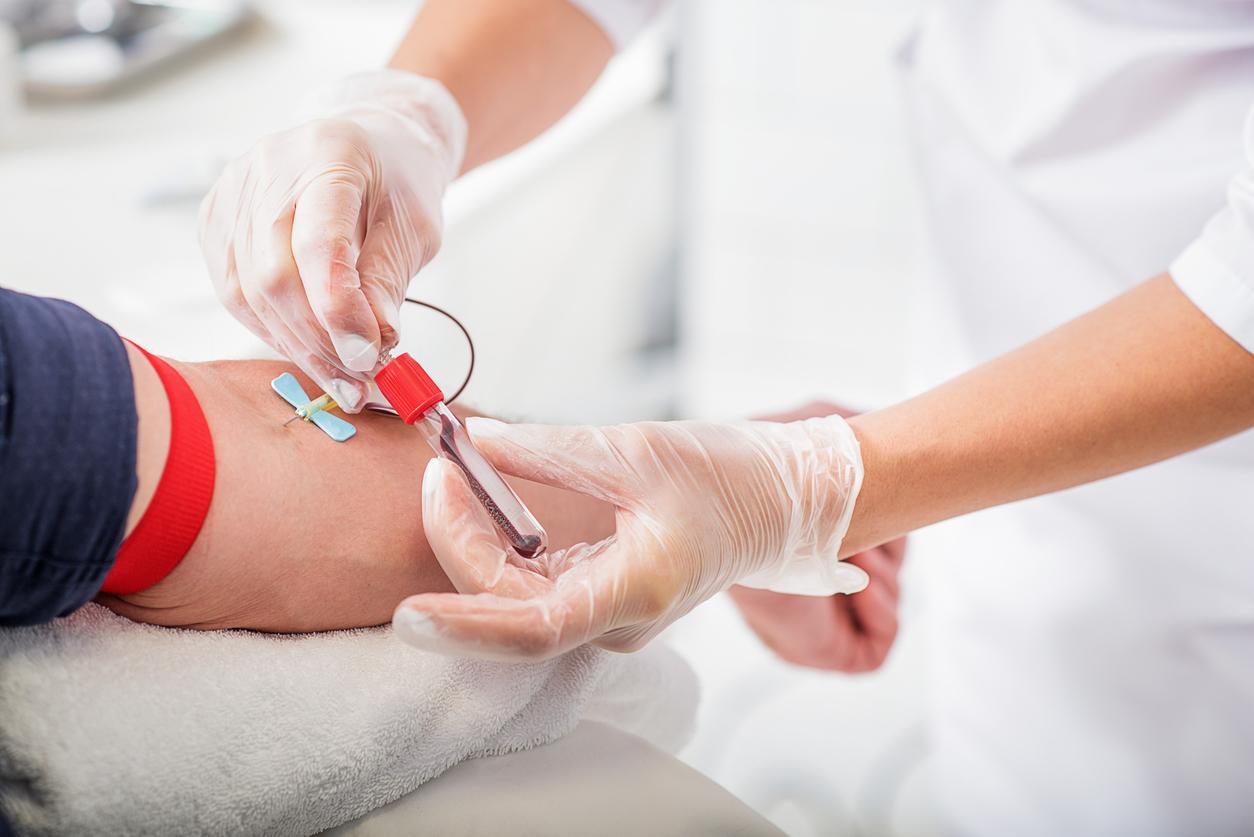Through a blood test, it is possible to assess the levels of three markers associated with an increased risk of cardiovascular disease. This would make it possible to predict the onset of certain pathologies over nearly 30 years.

- Three markers present in the blood are associated with an increased risk of cardiovascular disease in women.
- These are two types of fats found in the blood and a protein, associated with inflammation.
- Blood tests to detect levels of these three markers could predict the risk of cardiovascular disease over a period of thirty years.
Better screening for better treatment. This is the objective of a research team from the Center for Prevention of Cardiovascular Diseases at Brigham and Women’s Hospital in Boston, United States. In the specialist journal New England Journal of Medicinethey explain that they have developed a blood test capable of predicting the risk of cardiovascular disease in women over a period of 30 years.
Blood markers to assess cardiovascular risk
For this work, the researchers collected blood samples and medical information from nearly 28,000 American women participating in a large study called Women’s Health StudyAll were followed for 30 years: during this period, some suffered a heart attack, others a stroke and some died from cardiovascular disease.
Using the blood samples, the researchers looked at three markers present in the blood: high-sensitivity CRP, or C-reactive protein, a marker of inflammation, low-density lipoprotein (LDL) cholesterol and lipoprotein (a), or Lp (a). The last two correspond to types of fats present in the blood. By cross-referencing the blood results with the patients’ medical information, they sought to find out whether these three markers could individually and collectively predict these cardiovascular events.

Cardiovascular diseases: a risk three times higher for some women
Participants were divided into five categories, from those with the highest to the lowest levels, to measure each of the three markers. The researchers found that women with the highest levels of LDL cholesterol had a 36% increased risk of heart disease compared to those with the lowest levels. Women with the highest levels of Lp(a) had a 33% increased risk, and those with the highest levels of CRP had a 70% increased risk.
“When all three measures (LDL cholesterol, Lp(a) and CRP) were assessed together, participants with the highest levels had a more than 1.5 times higher risk of stroke and more than 3 times higher risk of coronary heart disease compared with women with the lowest levels.”the authors conclude.We can’t treat what we don’t measure, and we hope these findings will bring us closer to identifying even earlier ways to detect and prevent heart disease.”says lead author Paul M. Ridker. While the research was conducted only among women, the researchers believe the results could be similar among men.


















